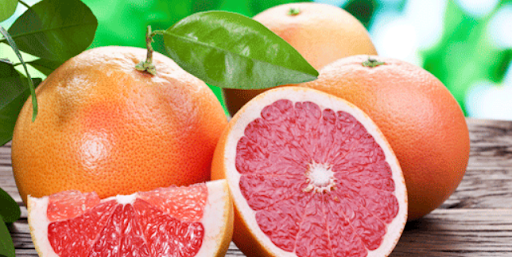Why you are not losing weight on the keto diet? Keto suggestively limits carbohydrate consumption. The usual convention is that the body converts carbs into sugar glucose for energy. A stage occurs when there are not enough carbs in the body, known as ‘ketosis’.
For a lot of people, losing weight on a keto diet may not be that straightforward. In most cases, possible causes could be that they haven’t gone into ketosis in the first place.
Following are some of the tips and tricks that can help you achieve your specific weight loss goals.
Your body has not activated ketosis
Despite valiant efforts, if a person does not lose weight, it is usually because they have not attained the process of ketosis – which is likely because you have not cut down the number of carbs – carbs should be incorporated in less than 10% of a person’s caloric consumption in a keto diet.
A smart way of assessing your blood ketone levels is using urine strips and a ketone breath detector. Both of these tools help measure your ketone amounts through urine and your breath respectively.
Going high on acceptable carbs
Generally, foods such as nuts, legumes, and dairy are acceptable in a keto framework; however, you can overdo it. Despite the fact, that these foods contain a healthy dose of vital nutrients; they also contain a surplus amount of carbohydrates. Eating these foods in excess can halt or affect the process of ketosis.
Snacking too often
Even if a person has a dedicated meal plan, snacking often can greatly increase their calorie consumption. While a snack is effective in a hunger pang, however, excess amounts can hinder your weight-loss efforts.
Excess protein intake
Protein-rich foods such as meats and eggs are usually encouraged in a keto diet. That said, this type of diet also does not benefit your body too much. Your body can break down excessive quantities of protein in amino acids and transform them into sugar, which is not an ideal situation if you are a keto dieter.
Stress and obesity
A study conducted in 2012 to examine the effects of chronic stress on obesity, revealed that stress can have alterations in the hormone levels, leading to an increase in weight.
Such stats like obesity and keto shows a relation to chronic stress is that it can cause people to succumb to food cravings, adding to the calorie count.
Sleep disorders
Seven to eight hours of sleep is usually a gold standard for most people to work with; however, some people may be unable to get that amount of sleep. Decreased or inadequate sleep is linked with decreased energy levels, which can contribute to more hunger pangs and ultimately, an increase in weight.
When you stay awake for long, you also tend to go for midnight snacks, don’t’ you? A messy sleep schedule can also impede your body’s natural circadian rhythm, which can eventually upset the digestive process.
Chronic stress
Occasional stressors of the day to day life are normal if they don’t overwhelm you, however, chronic stress is a different beast altogether. With persistent stress, your body stays in the “fight-or-flight” mode all the time, this means, the brain floods your nervous system with hormones such as adrenaline and cortisol – two stress-related hormones.
Both adrenaline and cortisol are not harmful to you per se, as they are meant to help you survive. But you don’t want those hormones circulating in your system all the time.
Excessive stress hormones can negatively affect your digestion. Furthermore, your body uses glucose for energy in the blood, rather than digesting the food.
This usually means a spike in blood glucose, resulting in weight gain – despite the fact you are on a relatively consistent keto cycle diet.
Leptin resistance
A vital hormone that plays a critical role in applying brakes to your hunger and helps maintain your weight, is ‘leptin’. A lack of sleep and overeating triggers leptin resistance.
The amount of leptin available to your brain has a major say on hormones released in your body, a leptin imbalance can lead to a slower metabolism, resulting in blood sugar imbalances leading the way to weight gain.
Studies have shown that you can optimize leptin resistance by consuming more leptin-abundant foods such as salad greens, berries, healthy oils, and vegetables.
Final word
Achieving and maintaining ketosis can be a difficult task for most people as the keto diet can be restrictive.
With minor adjustments and other strategies, there is no reason why you can’t get into ketosis.
If you are still unable to lose weight despite extensive efforts in your keto regime, it is best to speak to a medical consultant or nutritionist for advice. Doing so will help you track your progress in your weight loss goals.
Also Read: Kendra C.Johnson Weight loss Journey


